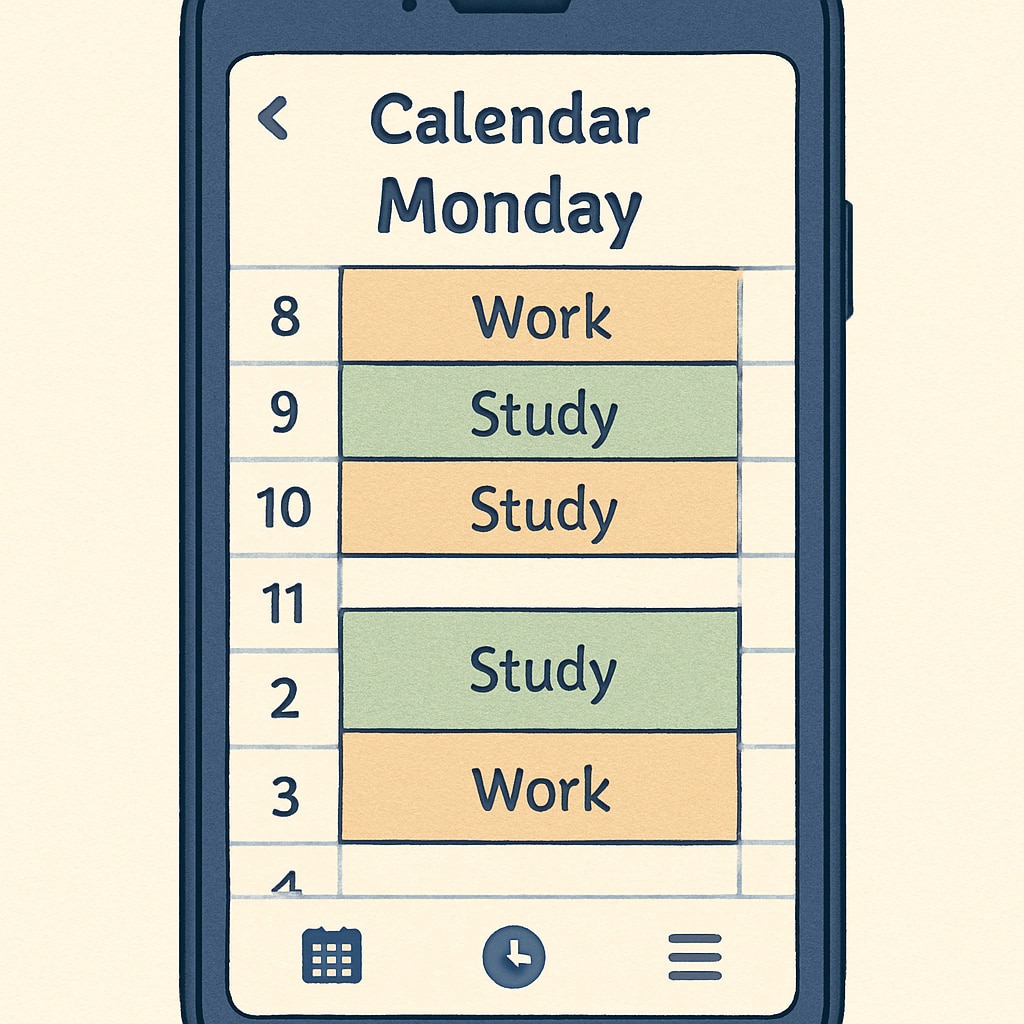Pursuing a master’s degree while navigating the demands of a stable career can be a daunting challenge for working professionals. The dual focus on career growth and academic excellence often presents significant time management hurdles. However, with the right strategies and perspective, it is possible to achieve academic goals without compromising professional success. This article explores the practical challenges of pursuing advanced education mid-career, the value it adds to professional development, and actionable solutions for managing work and study effectively.
Balancing Career Stability with Academic Ambitions
For many professionals, the decision to pursue a master’s degree comes after achieving a stable career. While this stability provides financial resources and professional experience, it also introduces constraints such as long working hours, leadership responsibilities, and personal commitments. Juggling these obligations with academic coursework can lead to burnout without careful planning.
One primary challenge is the limited availability of time. Unlike full-time students, working professionals must allocate their evenings and weekends to study, which can strain their work-life balance. In addition, the mental fatigue from demanding job roles may reduce the energy available for academic success. Nevertheless, understanding the long-term benefits of a master’s degree—such as improved career prospects, higher earning potential, and personal growth—can motivate individuals to push through these difficulties.

Is Pursuing a Master’s Degree Worth It?
Before embarking on the journey, professionals often question whether the investment of time, energy, and finances in a master’s degree is worthwhile. The answer largely depends on individual career goals. For those in fields such as business, technology, or healthcare, a master’s degree often serves as a gateway to higher-level positions, specialized expertise, or entrepreneurial ventures.
According to statistics from the U.S. Bureau of Labor Statistics, individuals with a master’s degree earn approximately 20% more annually than those with only a bachelor’s degree. Additionally, advanced degrees can open doors to roles that require specialized knowledge, such as data science or executive leadership. However, it’s crucial to evaluate whether the chosen program aligns with long-term career aspirations before making the commitment.
Practical Strategies for Managing Time Effectively
Time management is the linchpin for successfully balancing work, study, and personal life. Here are some strategies to help working professionals manage their time effectively while pursuing a master’s degree:
- Set Clear Priorities: Identify non-negotiable tasks for both your career and academics. Create a schedule that allocates dedicated time for work, study, and relaxation.
- Leverage Technology: Use productivity tools such as task managers, calendar apps, and note-taking software to stay organized and track deadlines.
- Communicate with Stakeholders: Inform your employer, colleagues, and family about your academic commitments. Seek their support and adjust expectations where possible.
- Consider Part-Time or Online Programs: Many universities offer flexible learning options designed for working professionals. These programs allow you to study at your own pace without compromising your career.
- Practice Self-Care: Avoid burnout by integrating exercise, healthy eating, and adequate sleep into your routine. Your mental and physical well-being are critical to sustained productivity.

Building a Support System
Another essential factor for success is having a strong support system. Whether it’s family members, friends, or colleagues, having people who understand your challenges can make a significant difference. For example, a mentor in your workplace may offer guidance on managing work responsibilities, while peers in your academic program can provide moral support and share study tips.
Additionally, some employers offer tuition reimbursement programs or flexible work arrangements to support employees pursuing further education. Investigating these options and discussing them with your HR department can lighten the financial and logistical burdens of a master’s program.
Conclusion: Lifelong Learning as a Professional Asset
Pursuing a master’s degree as a working professional is no easy feat, but the rewards often outweigh the challenges. By mastering time management, leveraging available resources, and maintaining clear priorities, it is possible to advance academically while excelling professionally. Lifelong learning is not just an individual achievement; it’s an investment in your future career and personal growth. With determination and strategic planning, you can navigate the complexities of professional development and academic aspirations simultaneously.
Remember: Success lies not in doing everything at once but in doing the right things at the right time. Plan wisely, stay committed, and embrace the journey of lifelong learning.


